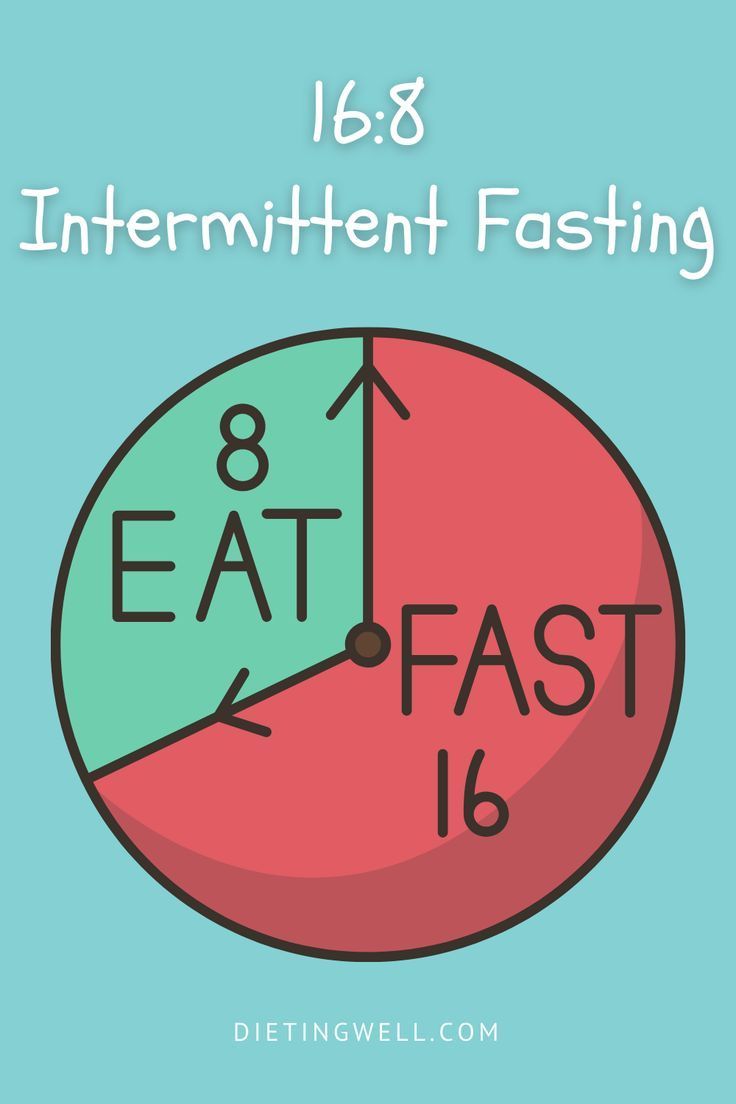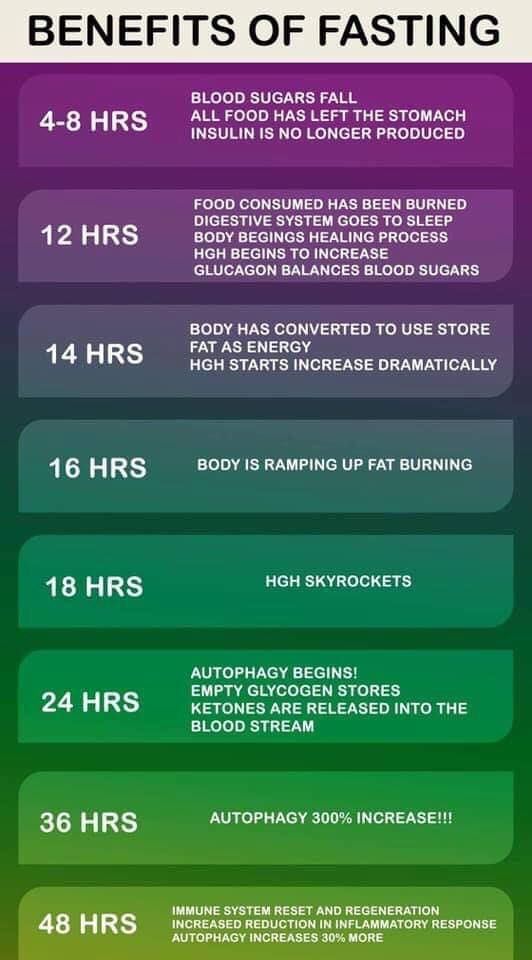
- Calorie restriction and intermittent fasting provide anti-aging benefits
- The impact of intermittent fasting on your body
- Different ways to follow an intermittent fast
- Benefits of the ProLon Fasting Mimicking Diet
Are you tired of feeling like time is slipping away, leaving its mark on your body and mind? 🕰️ What if there was a way to slow down the aging process and reclaim your youthful vitality? Enter intermittent fasting – the game-changing approach that’s revolutionizing how we think about aging and longevity.
Imagine waking up each day feeling more energized, focused, and healthier than you have in years. That’s the promise of intermittent fasting, a dietary strategy that’s been making waves in the scientific community for its potential to prevent aging and boost overall well-being. But how does it work, and is it really as effective as people claim?
In this blog post, we’ll dive deep into the world of intermittent fasting and its incredible anti-aging benefits. We’ll explore the science behind calorie restriction, uncover the impact of fasting on your body, and reveal different ways you can incorporate this powerful practice into your life. Plus, we’ll introduce you to the innovative ProLon Fasting Mimicking Diet that’s taking the health world by storm. Get ready to unlock the secrets to a younger, healthier you! 🔓✨
Calorie restriction and intermittent fasting provide anti-aging benefits
The Science Behind Calorie Restriction
Calorie restriction (CR) has been extensively studied for its potential anti-aging effects. Research shows that reducing caloric intake without malnutrition can extend lifespan and improve overall health. Here’s a breakdown of the key mechanisms:
- Reduced oxidative stress
- Enhanced cellular repair
- Improved insulin sensitivity
- Decreased inflammation
| Mechanism | Effect on Aging |
|---|---|
| Oxidative stress reduction | Slows cellular damage |
| Cellular repair enhancement | Promotes longevity |
| Insulin sensitivity improvement | Reduces age-related diseases |
| Inflammation decrease | Slows aging processes |
Intermittent Fasting and Longevity
Intermittent fasting (IF) offers similar benefits to CR but with a different approach. Instead of reducing overall calorie intake, IF focuses on cycling between periods of eating and fasting. This method triggers several anti-aging processes:
- Autophagy: The body’s cellular cleaning process
- Hormonal changes: Improved growth hormone production
- Metabolic switch: Shifting from glucose to ketone bodies for energy
Combining CR and IF for Optimal Results
When used together, CR and IF can provide synergistic anti-aging effects. This combination:
- Maximizes cellular repair mechanisms
- Optimizes metabolic flexibility
- Enhances overall longevity potential
By understanding these processes, we can better appreciate how dietary interventions like CR and IF contribute to preventing aging. Now, let’s explore the specific impacts of intermittent fasting on your body.
The impact of intermittent fasting on your body
Cellular Repair and Autophagy
Intermittent fasting triggers a remarkable process called autophagy, where cells essentially “clean house.” During fasting periods, your body activates cellular repair mechanisms, breaking down and recycling damaged proteins and organelles. This process helps remove cellular debris and dysfunctional components, promoting overall cellular health and longevity.
| Autophagy Benefits | Description |
|---|---|
| Cellular Renewal | Removes damaged cellular components |
| Protein Quality Control | Eliminates misfolded or aggregated proteins |
| Stress Resistance | Enhances cellular resilience to various stressors |
| Longevity | Contributes to extended lifespan in various organisms |
Hormonal Changes
Fasting induces significant hormonal shifts that contribute to its anti-aging effects:
- Human Growth Hormone (HGH): Levels can increase dramatically, promoting fat burning and muscle gain
- Insulin: Sensitivity improves, lowering the risk of type 2 diabetes
- Norepinephrine: Increases to enhance alertness and focus
Metabolic Flexibility
Intermittent fasting trains your body to efficiently switch between using glucose and ketones for fuel. This metabolic flexibility:
- Improves energy utilization
- Enhances fat burning
- Supports brain health
- May reduce the risk of chronic diseases
By regularly cycling between fed and fasted states, your body becomes more adept at managing energy sources, potentially slowing down the aging process.
Different ways to follow an intermittent fast
Eat-stop-eat
The eat-stop-eat method involves fasting for 24 hours once or twice a week. During fasting days, you consume only calorie-free beverages. This approach is straightforward but can be challenging for beginners.
| Pros | Cons |
|---|---|
| Simple to understand | May be difficult for some people |
| Flexible scheduling | Potential for overeating on non-fasting days |
| Fewer fasting days per week | Risk of nutrient deficiencies if not balanced |
16/8 method (Leangains protocol)

This popular method involves fasting for 16 hours and eating within an 8-hour window daily. Most people skip breakfast and eat between noon and 8 PM. It’s easier to maintain long-term and can be adjusted to fit individual schedules.
Benefits of the 16/8 method:
- Easier to stick to than longer fasts
- May improve insulin sensitivity
- Can aid in weight loss
- Potentially increases longevity
5:2 diet
The 5:2 diet involves eating normally for five days of the week and restricting calorie intake to 500-600 calories on the other two non-consecutive days. This method allows for more flexibility in meal planning and social eating.
| Day | Calorie Intake |
|---|---|
| 5 days/week | Normal eating |
| 2 days/week | 500-600 calories |
Now that we’ve explored these popular intermittent fasting methods, let’s delve into a specific approach that combines the benefits of fasting with a carefully designed meal plan.
Benefits of the ProLon Fasting Mimicking Diet
Scientifically Proven Benefits
The ProLon Fasting Mimicking Diet (FMD) offers a range of scientifically proven benefits that contribute to overall health and longevity:
- Cellular Regeneration
- Metabolic Health Improvement
- Enhanced Cognitive Function
- Reduced Inflammation
Cellular Regeneration and Autophagy
One of the most significant advantages of the ProLon FMD is its ability to trigger cellular regeneration through a process called autophagy. This natural “cellular cleaning” mechanism helps:
- Remove damaged cellular components
- Recycle proteins and organelles
- Promote stem cell production
| Autophagy Benefits | Impact on Aging |
|---|---|
| Cellular debris removal | Slows cellular aging |
| Protein recycling | Improves cellular function |
| Stem cell activation | Enhances tissue repair |
Metabolic Health and Weight Management
The ProLon FMD has been shown to positively impact metabolic health markers:
- Reduces visceral fat
- Improves insulin sensitivity
- Lowers blood pressure
- Optimizes cholesterol levels
These metabolic improvements not only contribute to weight management but also reduce the risk of age-related diseases such as diabetes and cardiovascular issues.
Cognitive Function and Neuroprotection
Research indicates that the ProLon FMD may enhance cognitive function and provide neuroprotective effects:
- Increases production of brain-derived neurotrophic factor (BDNF)
- Promotes neuroplasticity
- Potentially reduces risk of neurodegenerative diseases
Inflammation Reduction
Chronic inflammation is a key driver of aging. The ProLon FMD has been shown to:
- Lower inflammatory markers in the body
- Reduce oxidative stress
- Support a balanced immune response

By addressing these core aspects of health, the ProLon Fasting Mimicking Diet offers a comprehensive approach to preventing aging and promoting longevity.
Intermittent fasting and calorie restriction have emerged as powerful tools in the fight against aging. The ProLon Fasting Mimicking Diet offers a structured approach to reap these benefits, while various intermittent fasting methods provide flexibility to suit different lifestyles. By incorporating these practices into your routine, you can potentially slow down the aging process and improve overall health.
As research continues to unveil the positive impacts of fasting on the body, it’s clear that this age-old practice has modern applications for longevity and wellness. Whether you choose to explore the ProLon diet or adopt one of the many intermittent fasting techniques, remember that consistency is key. Start small, listen to your body, and consult with a healthcare professional to find the fasting approach that works best for you. Embrace the potential of intermittent fasting to not only prevent aging but also to enhance your quality of life.
Read More: Diaspora Lens




